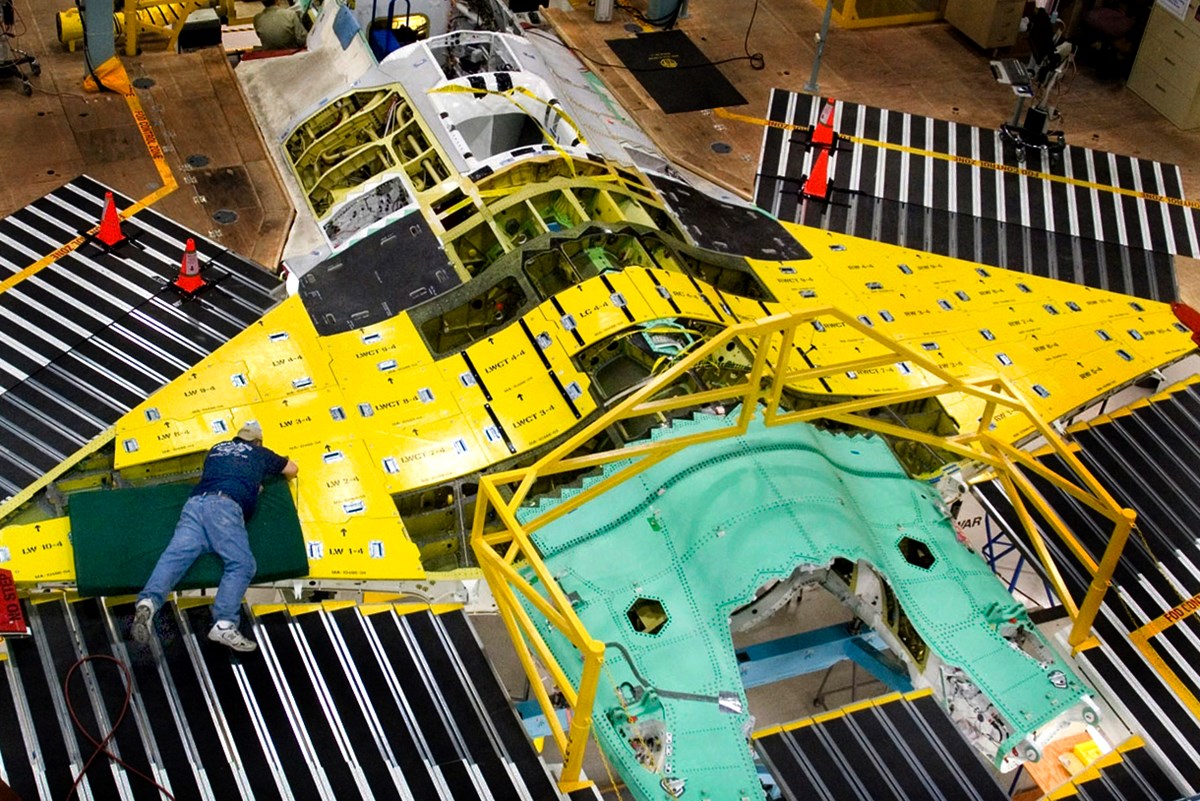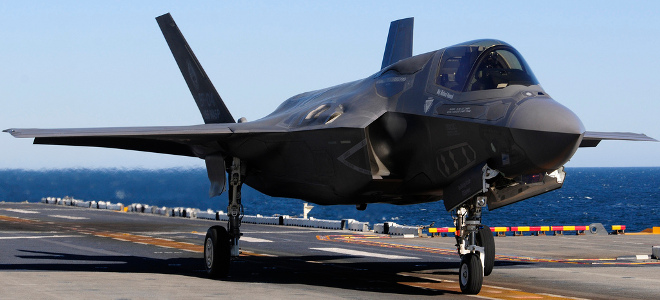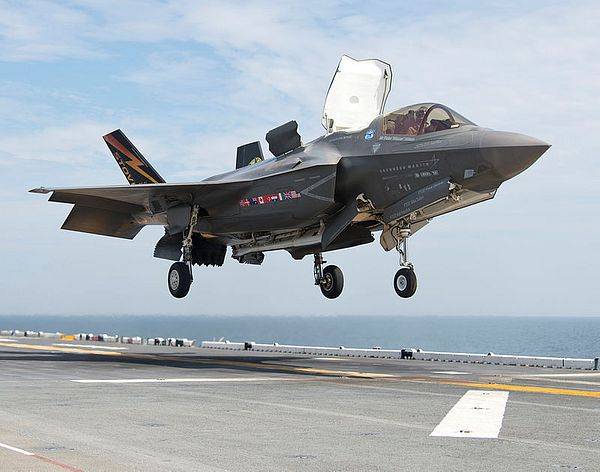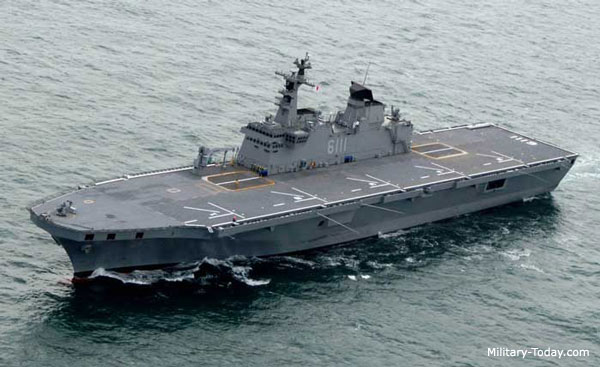Lord, in a periodic update on Pentagon acquisition, said the department is also “going on the offensive” against China’s theft of intellectual property. She added that new rules making cybersecurity compliance a determining factor in awarding contracts will go into effect very soon and will affect contracts awarded early next year.
The “900-plus parts” Turkey makes for the F-35 “will be sourced in the US, initially,” Lord said. The US is getting the work because it is “paying all the nonrecurring engineering” costs, and the move is the “most expeditious” way to keep the program on track, she said.
“Competition is our friend, and we’re always looking for more strong, integrated supply chain partners, so there’s always the possibility” the work could migrate overseas,” she added.
Lord said the Pentagon is “well down the pathway” on Turkey’s removal and is still on track to pull the Joint Strike Fighter program out of that country by the end of March 2020.
Turkey’s formal and complete removal from the program should happen “about a year from now, as we work through the production, sustainment and follow-on memorandum of understanding, which is the overarching document for the partnership,” she said.
Lord plans to provide an update on the process next month alongside USAF Lt. Gen. Eric Fick, the new F-35 program executive officer.
The F-35 program is expelling Turkey from its partnership role in the project because of that country’s insistence on buying S-400 Triumf air defense systems from Russia. The US has said Russia would be able to gain valuable insights on tracking and targeting the F-35 if its technicians in Turkey were allowed to be in close proximity to the fighter.
DOD began “unwinding” Turkey’s involvement in the program over the summer. On Aug. 26, Lord said it has not yet been decided what will happen to the four F-35s in the US that Turkey owns, but that they will not be allowed to fly to Turkey.
Previously, Lord said Lockheed Martin would source the parts Turkey will no longer make for the F-35 from across its enterprise, which includes more than a dozen partners and Foreign Military Sales customers. Japan offered to pick up the Turkish industrial role and become an F-35 developmental partner as part of its move to buy more jets, making Japan the second-largest F-35 operator after the US. However, Lord on Monday said the partnership is “closed.”
“There is not a partnership opportunity” for any FMS customers, she said.
On Aug. 23, the Defense Department awarded Lockheed Martin a $2.4 billion contract for F-35 spare parts. The contract adjustment covers initial spares for the Air Force, along with global spare packages for international partners, the Marine Corps, and the Navy, according to a Pentagon announcement.
Lord noted that the US is “keeping the F-35 in Turkey separate and distinct from any other activities in Turkey.” If there are going to be sanctions on Turkey resulting from its doing business with Russia on defense materiel, “State Department has the lead on that,” she said. The US makes heavy use of Incirlik AB in the country, and has many other defense cooperation programs underway with the NATO ally.
http://www.airforcemag.com/Features/Pag ... Theft.aspx

 www.compositesworld.com
www.compositesworld.com

 www.themanufacturer.com
www.themanufacturer.com










 .
.